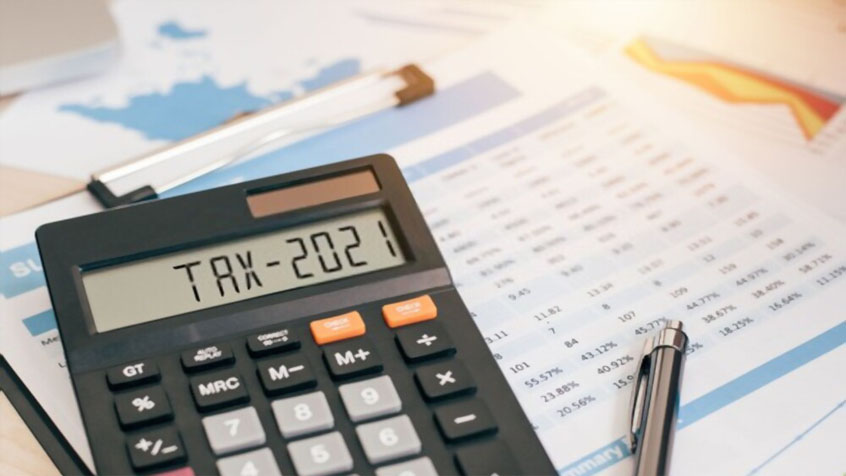Articles >
Personal and Business Tax Changes for the New Tax Year

April 13, 2021
With the new tax year ushering in and the pandemic still at large employers and business people are all in a classic catch-22 as they wonder what the new tax year will bring. However, the government still stays supportive as the extension of furlough continues till September 2021. Let us look at the other personal and business tax changes for the new year i.e., from 6th April 2021.
Thresholds – The personal allowance (tax-free allowance) and other allowances
The personal tax allowance that had remained steady for the past two years has now increased to £12,570 (for year 2021-22) from the £12,500 (2020-21) that it previously was. This means income below this threshold will not be taxable provided you are on the 1257L tax code.
Furthermore, the Higher rate of income tax band (40%) has increased consequently from £50,000 to £50,270. These thresholds are set to be frozen till year 2026.
Income Tax rates and thresholds
|
Tax Year |
2021-22 |
2020-21 |
|
Tax Band |
Tax rate, bands and the tax thresholds |
|
|
Basic rate band – the lowest of the tax bands that commences after the personal allowance |
20% on the income earned after the personal allowance to the first £37,700 or if on 1257L tax code then from £12,571 to £50,270 |
20% on income that is between £12,500 and £50,000 (tax was paid on £37,500 provided you were on the 1250L tax code) |
|
Higher rate band – the middle-income tax band |
40% on income after the first £37,000 i.e. the next £1,12,300 |
40% on the income that is between £50,001 and £1,50,000 |
|
Additional rate band – the top rate tax band for higher earners |
45% on income that is above £1,50,000 |
45% on the income that is above £1,50,000 |
- The income tax rates for Scottish residents are different
The director efficient salary: To avoid tax implications directors should opt for salary to £8,840 and if you take dividends as well then up to £41,430 would be best. Having a good tax services provider draw up an accounts savvy plan for you at the start of the year would be best so that you avoid unnecessary tax deductions and refunds later. For instance, if you take home more than the above dividends then you’ll be charged at the 32.5% tax rate as you will be considered a higher rated taxpayer.
The Dividend Allowance/ Dividend tax rates: The rates stay the same as those of the last year i.e., £2000. For those on the basic tax rate the amount they would have to pay on dividends exceeding the allowance is 7.5% while those on the additional rate would have to pay 38.1%. If you are uncertain about what dividend rates you should take it is best you contact a tax advisor for the same.
Workplace pension duties: Employer will not need to worry about any further increase in the percentages of the contribution rates as far as work place pensions go as they will stay the same.
Benefits in Kind: There was an already predicted increase to be expected in the benefit charge and thus, for the cars that are registered after April 5th, 2020 there is a 1% increase in the said charge. Cars that were fully electric in the previous year attracted no charges however, now the list price of the same will indicate a 1% increase that by the year 2022/23 is set to become 2%
Changes in the minimum rates to be paid to workers: While the age for receiving the minimum wage has reduced to 23 years from 25 the hourly rate has increased to £8.91 and thus, you need to pay your employees in line with this. Accounting and taxation indeed can be tricky, it helps to have an expert manage things for you. Doshi Accountants can provide you accounting, taxation, VAT, bookkeeping and even payroll services under one roof.

